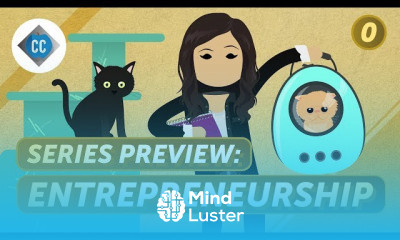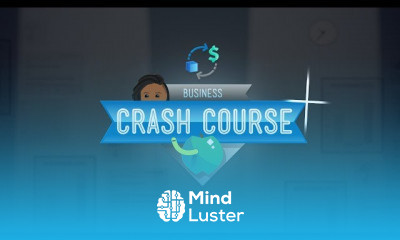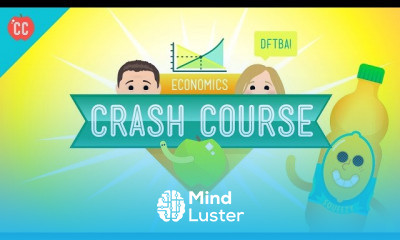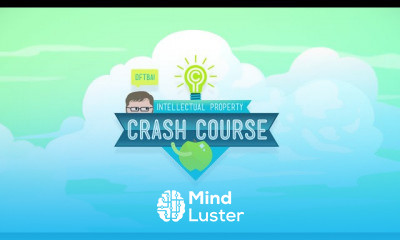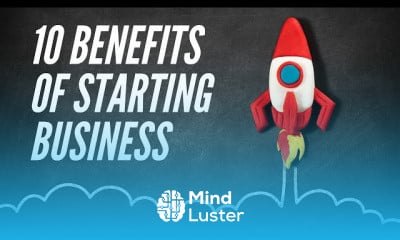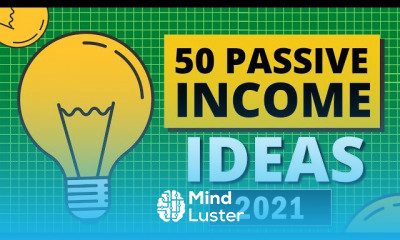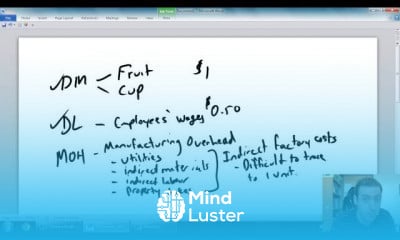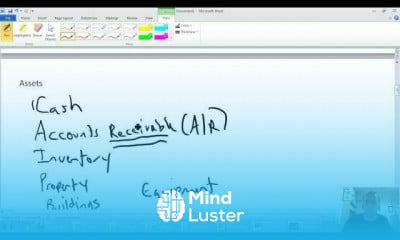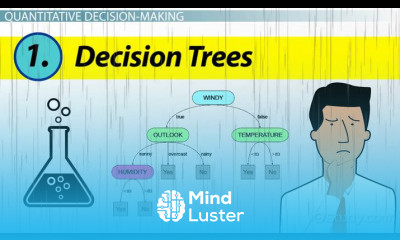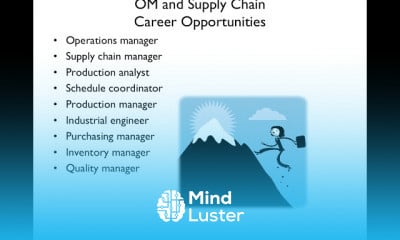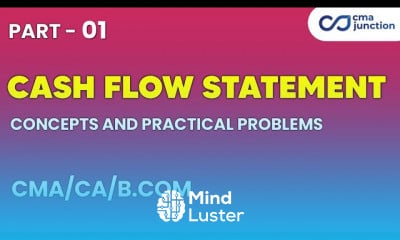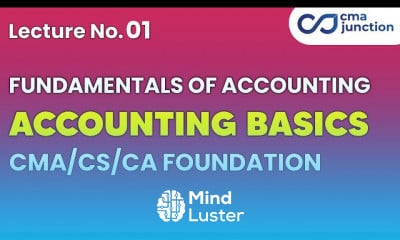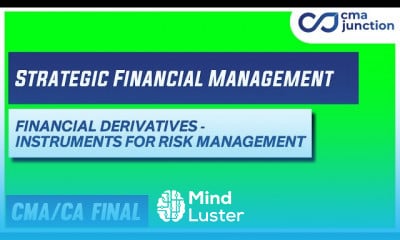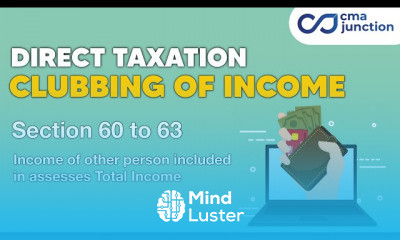Strategic Training and Development Extended
Share your inquiries now with community members
Click Here
Sign up Now
Lessons List | 11
Lesson
Comments
Related Courses in Business
Course Description
Assignment Point - Solution for Best Assignment Paper
Assignment
Annual Report
Article
Biography
Case Study
Essay
Internship
Lecture
Letter
Paragraph
Presentation
Report
Research
Resume
Term Paper
Thesis
Concept of Training and Development
Concept of Training and Development
Subject: Human Resource Management Topic: Article
In simple terms, training and development refers to the imparting of specific skills, abilities and knowledge to an employee. A formal definition of training & development is it is any attempt to improve current or future employee performance by increasing an employee’s ability to perform through learning, usually by changing the employee’s attitude or increasing his or her skills and knowledge. The need for training & development is determined by the employee’s performance deficiency, computed as follows:
Training & Development need = Standard performance – Actual performance.
Training and development:
We can make a distinction among training, education and development. Such distinction enables us to acquire a better perspective about the meaning of the terms. Training, as was stated earlier, refers to the process of imparting specific skills. Education, on the other hand, is confined to theoretical learning in classrooms.
*Training refers to the process of imparting specific skills.
*Development refers to the learning opportunities & designed to help employees grow.
*Education is theoretical learning in classroom.
Though training and education differ in nature and orientation, they are complementary. An employee, for example, who undergoes training is presumed to have had some formal education. Furthermore, no training programme is complete without an element of education. In fact, the distinction between training and education is getting increasingly blurred nowadays. As more and more employees are called upon to exercise judgments and to choose alternative solutions to the job problems, training programmes seek to broaden and develop the individual through education. For instance, employees in well-paid jobs and/or employees in the service industry may be required to make independent decision regarding there work and their relationship with clients. Hence, organization must consider elements of both education and training while planning there training programmed.
Development refers to those learning opportunities designed to help employees grow. Development is not primarily skill-oriented. Instead, it provides general knowledge and attitudes which will be helpful to employees in higher positions. Efforts towards development often depend on personal drive and ambition. Development activities, such as those supplied by management developmental programmers, are generally voluntary.
Human intellect and an overall personality of the employees.
Productivity – Training and Development helps in increasing the productivity of the employees that helps the organization further to achieve its long-term goal.
Trends
Facebook Business Page Settings
Python for AI for beginners
Natural Language Processing with Python
Tools and toolbar in Photoshop for beginners
Python programming language
Learning English Speaking
React Complete Series
MS Excel
English greetings and responses
SUM and SUMIF function in excel
creating a marketing plan tools
AI fundamentals for beginners
Excel skills for busines intermediate
CSS basics for beginners
Neural network optimization techniques
Daily conversational English
Improve english grammar skills
Introduction To Cyber Security
Excel Course Basic to Advanced
Computer architecture
Recent
Python for AI for beginners
Tools and toolbar in Photoshop for beginners
Neural network optimization techniques
SUM and SUMIF function in excel
Machine learning algorithms types
Linux command line essentials
Building a hospital landing page in React JS
Salesforce certified associate
CSS basics for beginners
8x8 LED matrix with arduino for beginners
Building an arduino Light gun basics
Software testing basics for beginners
Video encoding for beginners
Computer security for beginners
Network types for beginners
Compiler optimization techniques
Software engineering basics
Audio editing basics for beginners
FFMPEG advanced techniques
Node based data structures in Java



